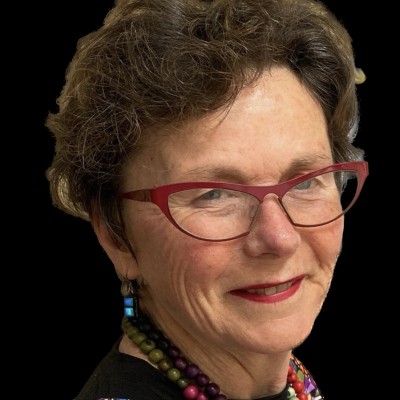The relentless exposure to misinformation can cause psychological harm and moral conflict among fact-checkers as they confront widespread health misinformation that threatens public understanding and health.
“I strongly recommend organisational and social support for those fighting this important battle against health mis/disinformation.”
The role of fact-checkers has become increasingly important in today’s day and age. While we know of the crucial work they do, we seldom comprehend the mental health toll of doing this job. There is moral distress and potentially moral injury experienced by many professionals in this challenging role.
Fact-checkers have reported that they struggle significantly while dealing with deliberate disinformation on a constant basis in the cyberspace. It is overwhelming, particularly when they know the potential impact this disinformation can have on people. Also, many fact checkers work from home and this poses significant challenges in maintaining a healthy work-life balance.
As a mental health professional who works closely with journalists and fact-checkers, I strongly recommend organisational and social support for those fighting this important battle against health mis/disinformation. We need to acknowledge their work and show gratitude for their contribution to public health.
I believe that collaboration between media professionals and health experts to counter health misinformation can save humanity. It is essential to democracy and societies at large. Access to accurate health information is an important right as individuals and communities can only take action for themselves if they are presented with the truth.
Health experts can analyse data and present accurate information to the media for dissemination and to inform the public. But what constitutes ‘the media’? Traditional, legacy media is one avenue, although today our society is taking media into its own hands through social media.
Since the onset of COVID-19, we have seen the media act in good and bad ways - promoting facts, but also peddling mis/disinformation. There must be a call back to information that is of public interest, that abides by an ethical standard. This is a complex and important discussion. And we must continue to have it, with all stakeholders.
This is an excerpt from First Check's Coffee Table Book, you can read the full Coffee Table Book here.
Dr Cait McMahon is a distinguished psychologist, media and mental health specialist, founder of Cait McMahon Consulting (CMC) and is a member of the First Check team of Experts.



